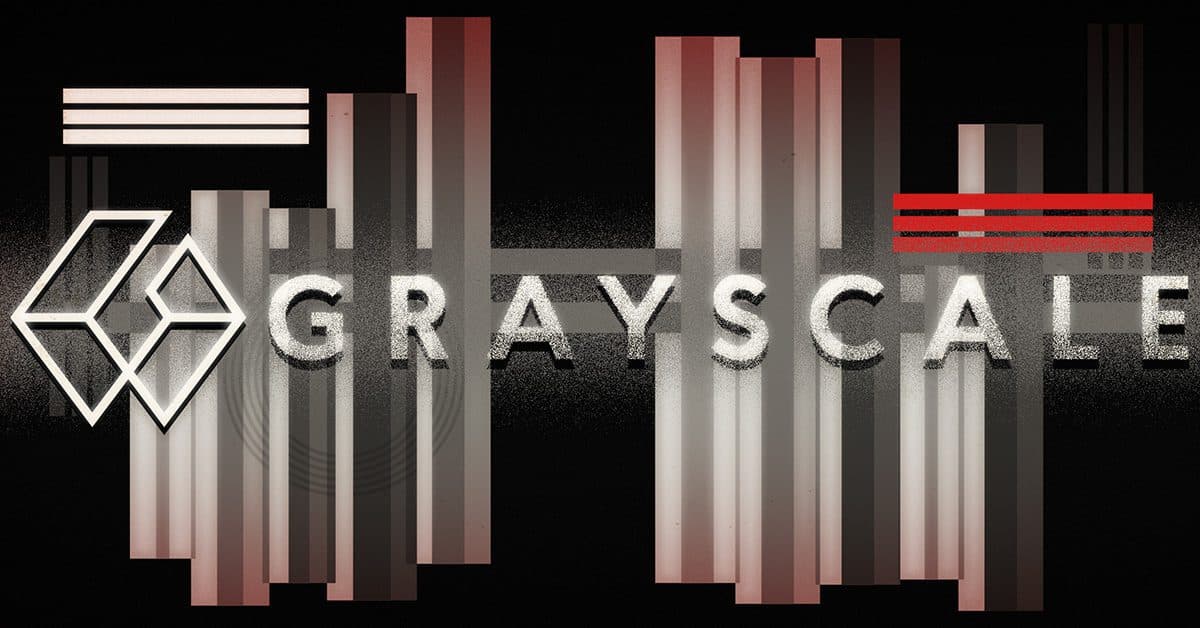A Quarter of US Investors Own Bitcoin, More Than Half Bought This Year
Retail investor interest in bitcoin is increasing, and they want a spot ETF.

Blockworks exclusive Art by Axel Rangel
- Grayscale’s investor survey reveals a stronger interest in digital assets
- Most investors that own bitcoin reported that they bought it within the last year
Retail interest in digital assets grew this year, with more than a quarter of US investors reporting bitcoin ownership in 2021, according to a survey conducted by Grayscale Investments and market research firm 8 Acre Perspective.
Of the 1,000 investors surveyed, 59% reported interest in bitcoin investments, up from 55% in 2020.
Cryptocurrency adoption has increased significantly in the past year. Of those surveyed that own bitcoin, 55% said that they purchased the asset within the last 12 months.
“While it is encouraging to see attitudes towards crypto continue to evolve, it’s still early days for this industry,” Grayscale CEO Michael Sonnenshein said in a statement. “It’s incumbent on all of us to remain focused on educating the investing public, so investors — across generations and demographics — can access this once in a generation opportunity.”
Investors have also changed the way they invest in bitcoin over the past year, the survey found. More than 75% of investors preferred buying directly on a cryptocurrency exchange in 2020. In 2021, nearly two-thirds of investors preferred buying bitcoin through a trading app, such as eToro or Robinhood.
Nearly 80% of those surveyed said that they would prefer to invest in bitcoin through an exchange-traded fund. Currently, the only ETF available is a futures-based product, a spot fund has not yet been approved.
The survey results come after a weekend of volatility for bitcoin and other digital assets. The largest digital currency shed as much as 17% on Saturday, falling to $44,000. Although some losses were pared, bitcoin was $50,459 at time of publication.
Analysts are weighing a variety of potential causes for the crash, including increased fears of the Omicron variant and a more hawkish Federal Reserve.
“Confidence that the crypto selling pressure is over is far from over and that is why there are some fading the Saturday rebound,” Edward Moya, senior market analyst at Oanda, said in a recent note. “This unexpected crypto crash does not mean the end of bitcoin or bursting of what some call the biggest bubble ever. Excessive margin trading and a complacently bullish market is the culprit that let Bitcoin end up being vulnerable to what was almost a 40% drop from the record high of just a month ago.”
Get the day’s top crypto news and insights delivered to your inbox every evening. Subscribe to Blockworks’ free newsletter now.






